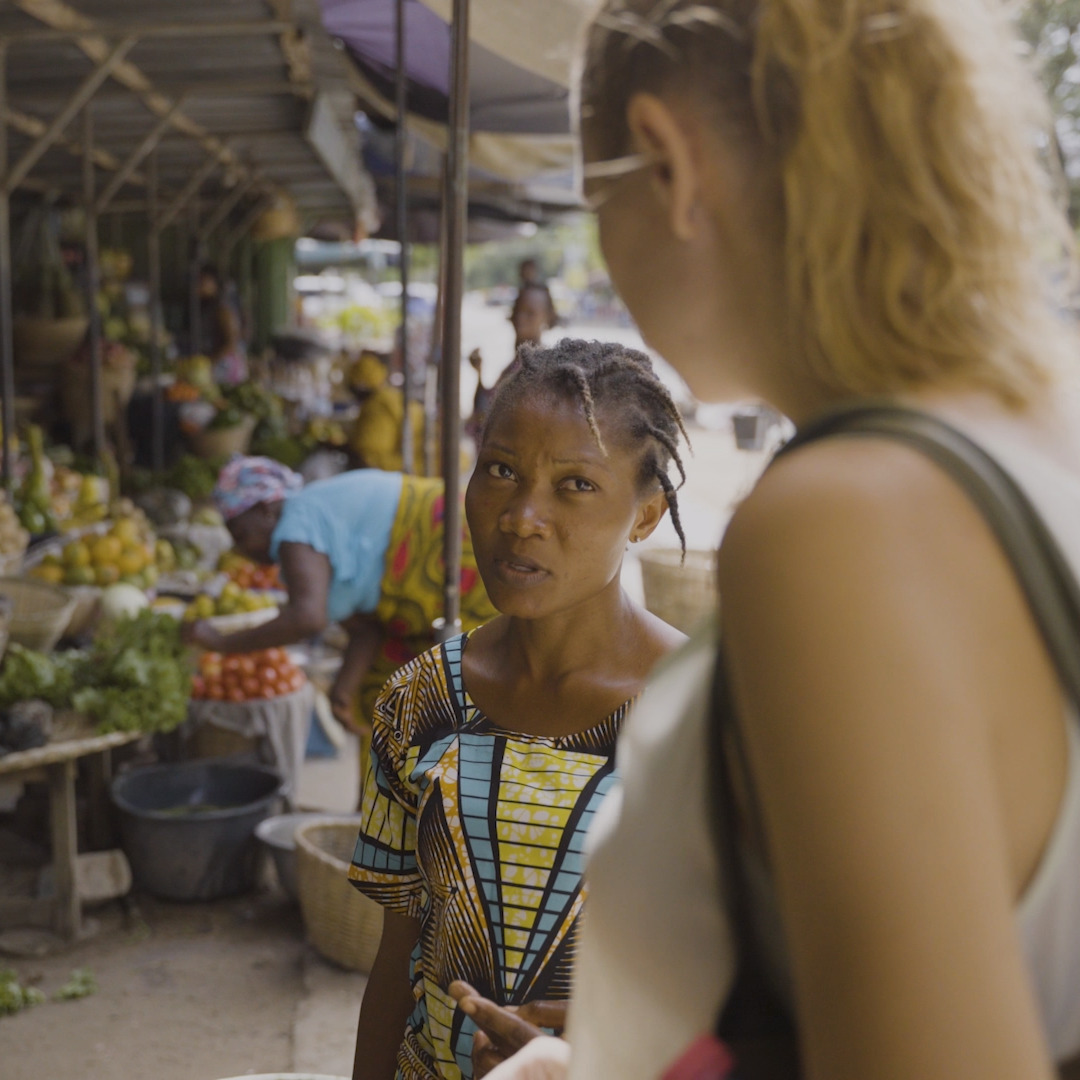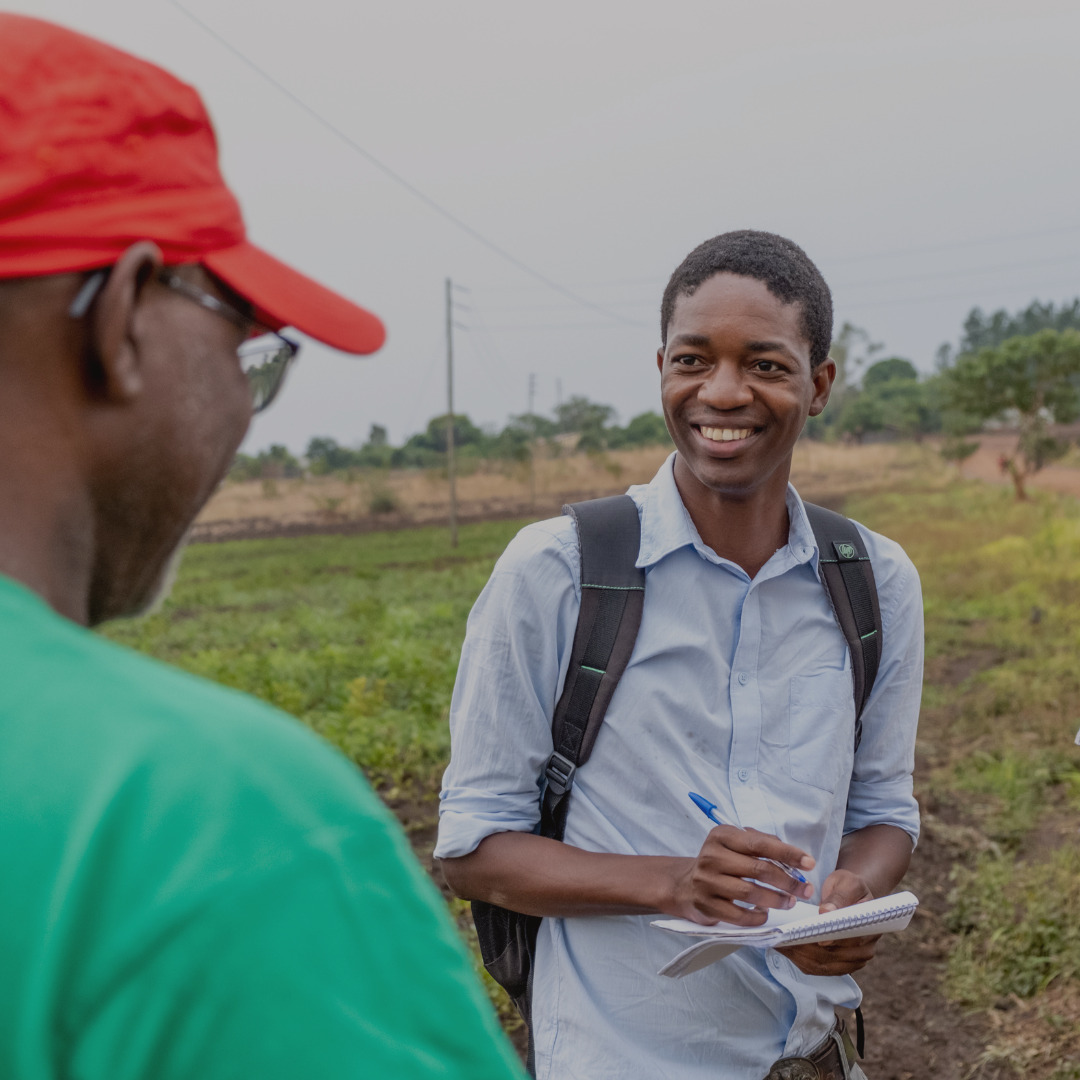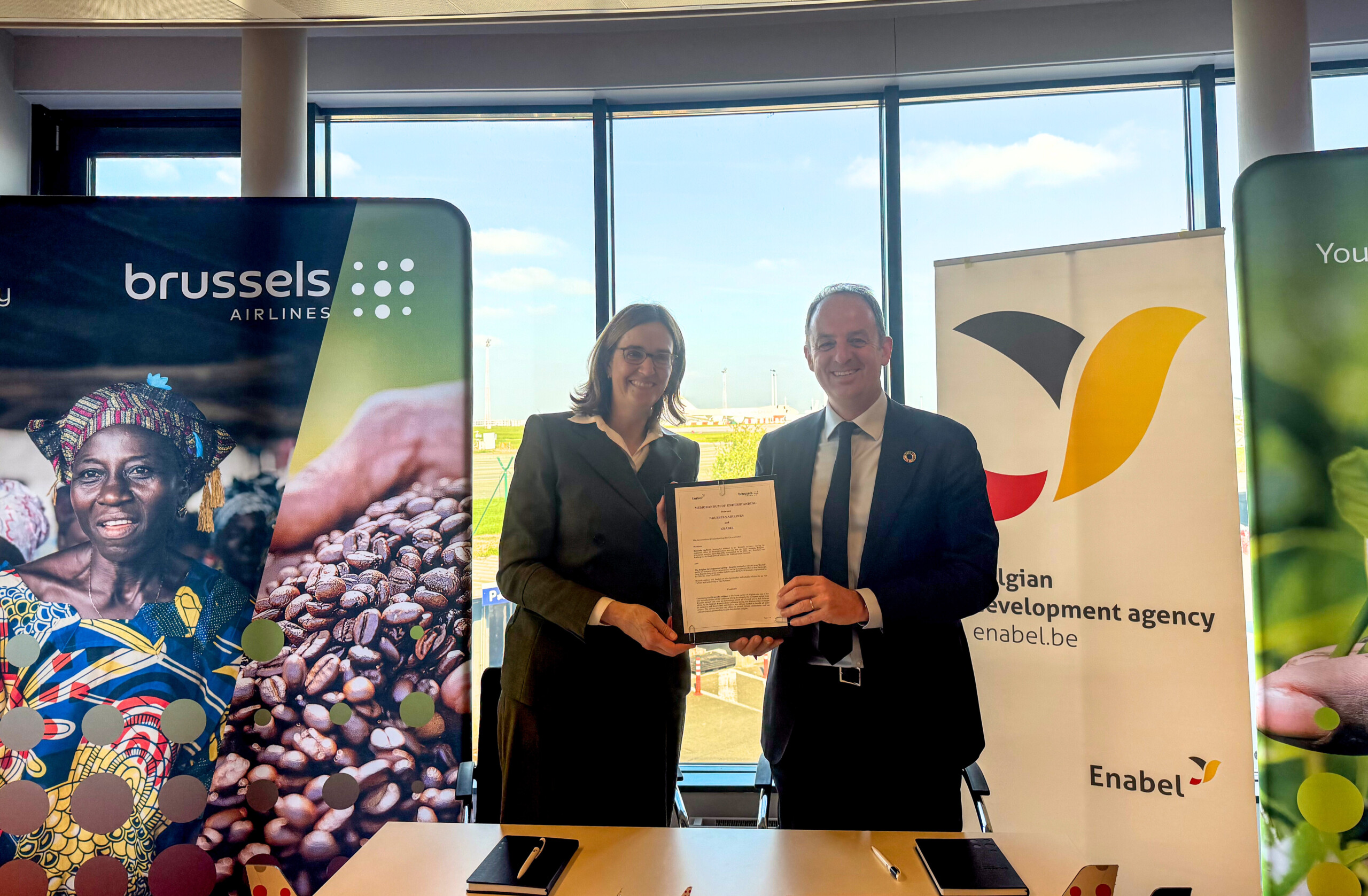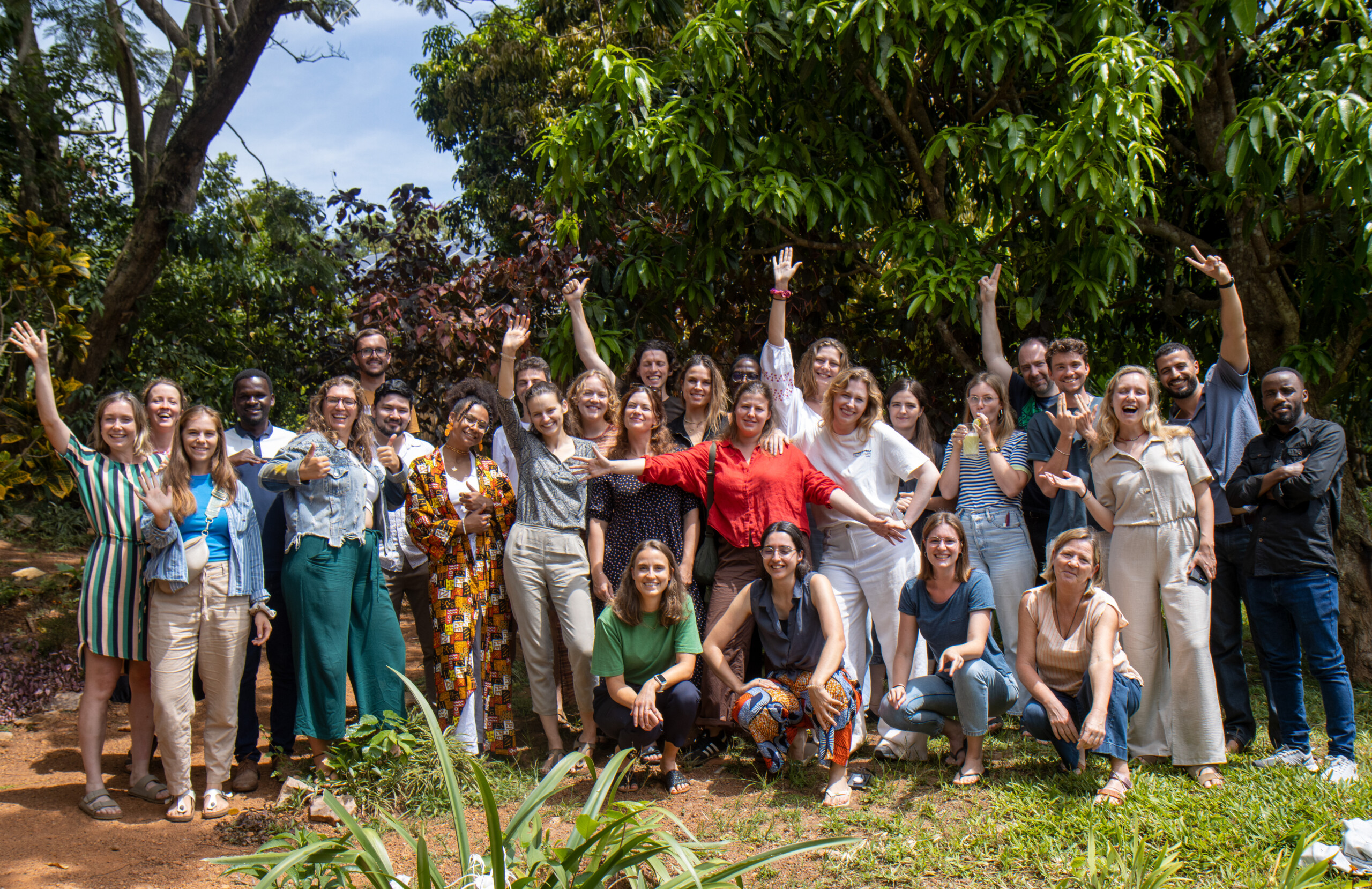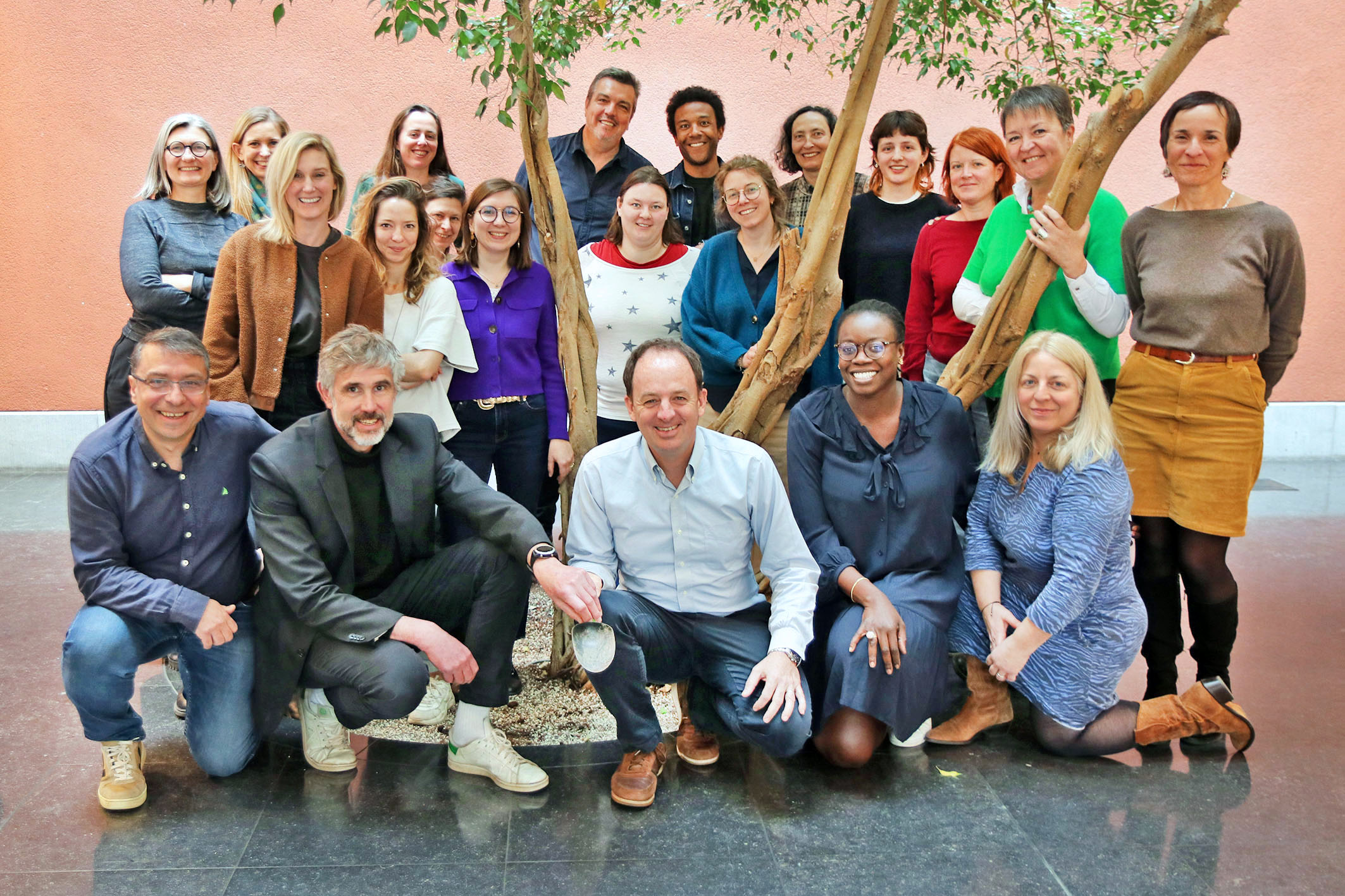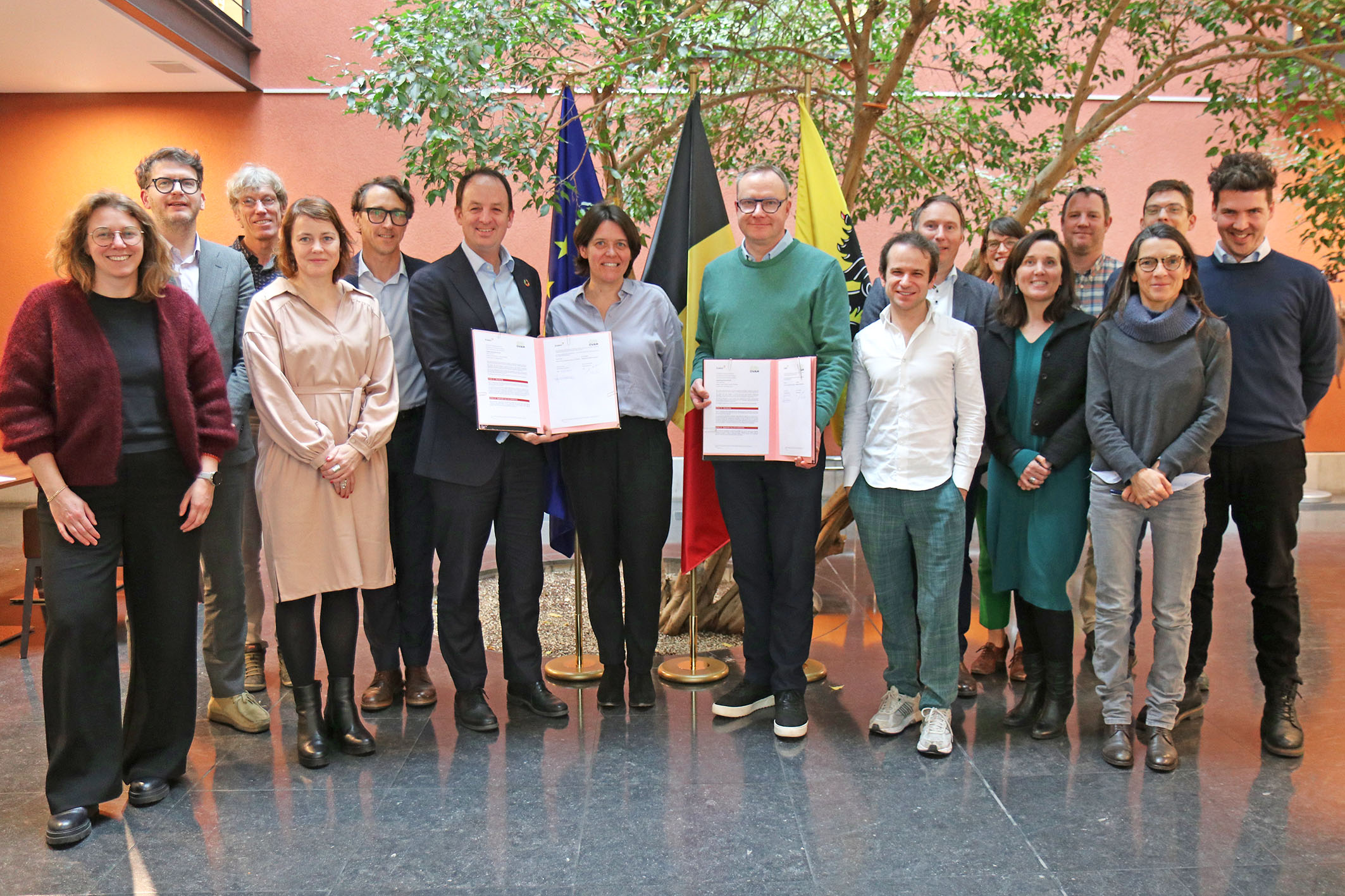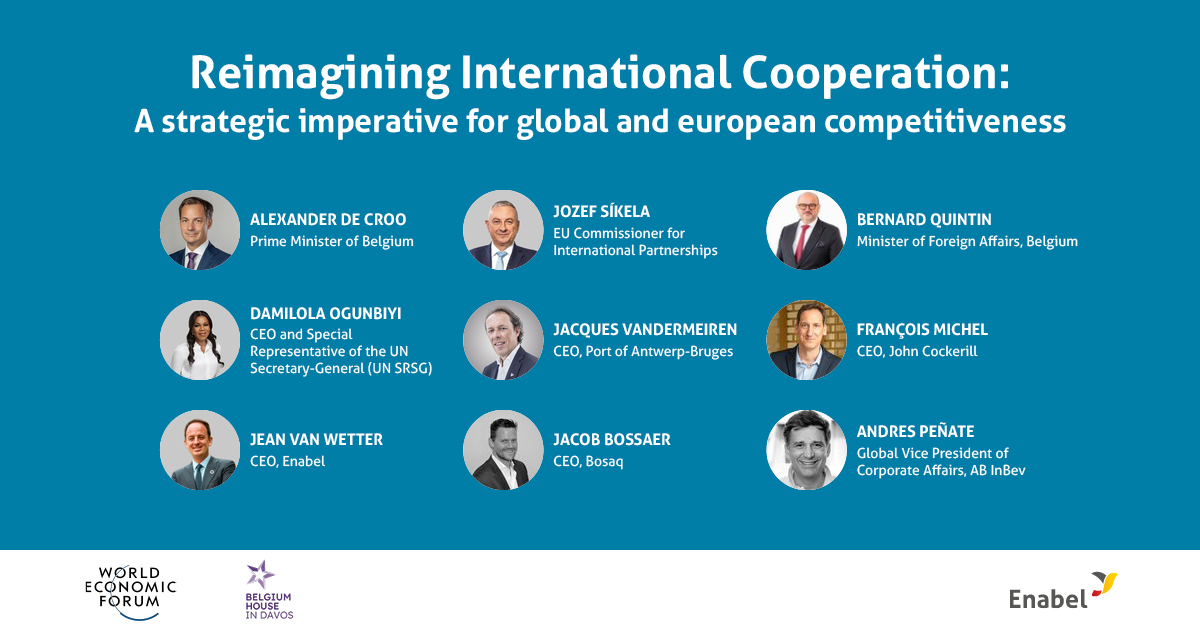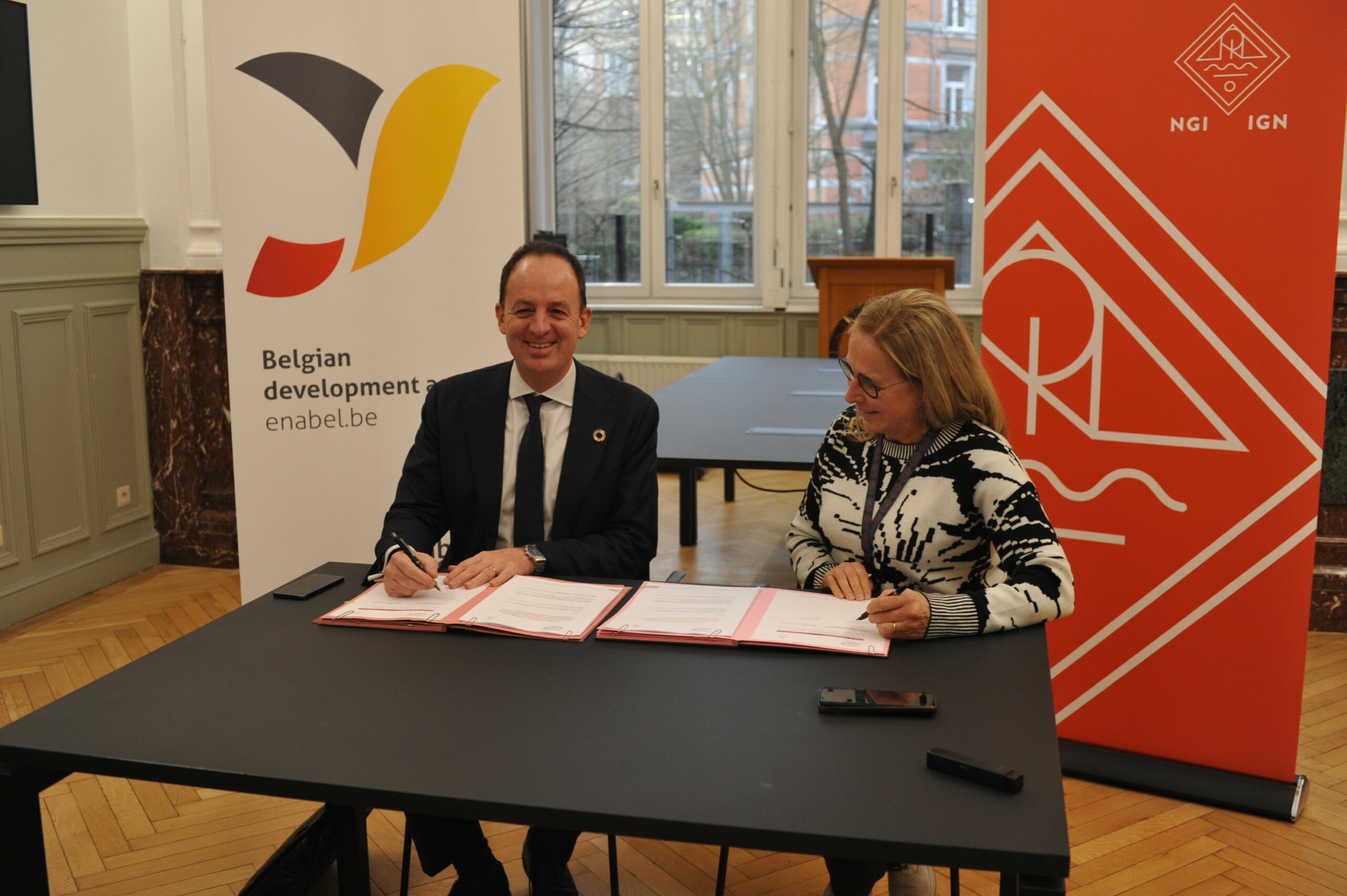Become or hire a Junior Expert
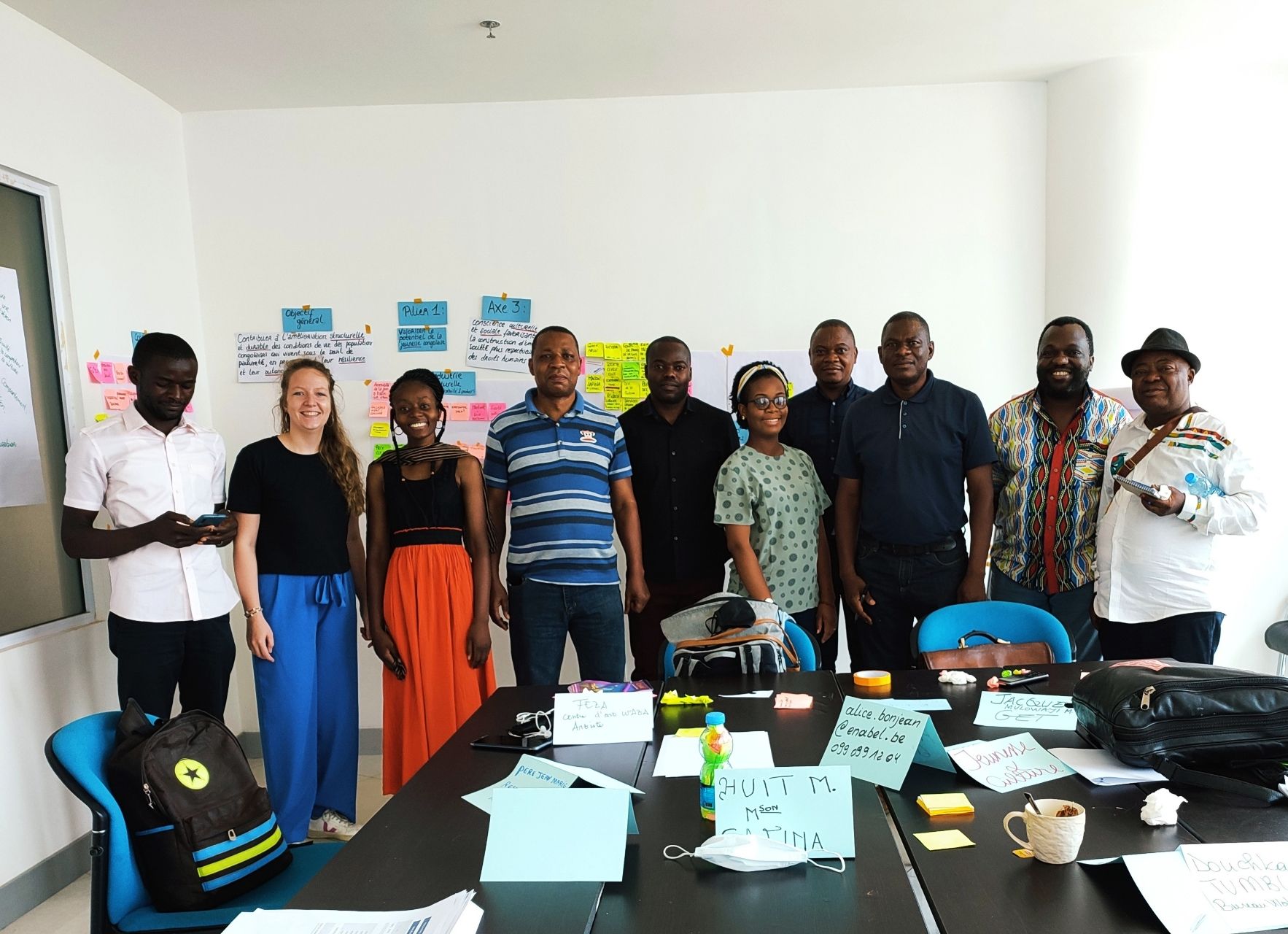
Give meaning to your talents!
The Junior Programme offers the opportunity for talented young people of various origin, gender and education backgrounds to contribute professionally to international solidarity projects. Through their experience they develop the competences to actively and sustainably engage in achieving the Sustainable Development Goals. The Junior Programme aims to make them active and critical global citizens who are committed to the SDGs.
We hire and develop young talents as ambassadors for the SDGs
The Junior Programme is a Belgian project implemented by Enabel, the development agency of Belgium’s federal government. It is funded by the Belgian governmental cooperation and promotes sustainable international solidarity. It gives the opportunity to young European talents and young talents from the 14 partner countries of the Belgian governmental cooperation to contribute professionally to a development project for a maximum of 2 years. By working in development projects managed by Enabel or by one of our 28 partner NGOs the young people develop new competences and demonstrate the impact of their commitment as global citizens. Through this vision, the Junior Programme defines itself as a “talent developer”.
Give meaning to your talents! You too can become a Junior Expert in international development.
We have no current job offers for young experts of European nationality at the moment.
The next publication period of vacancies (cycle 1 for 2025) is scheduled in March 2025.
Find out the next publication calendar here.

In a nutshell
Our mission
Our mission is:
- to hire and supervise young professionals in international solidarity interventions.
For a maximum of two years the young Junior Experts are hosted by a project implemented by Enabel or by a partner NGO. What we do contributes to the 2030 Agenda for Sustainable Development.
Our target groups
The Junior Programme is becoming more inclusive by extending its target groups. The Junior Programme used to target European nationals but it now is opening up to young people from the 14 partner countries of the Belgian bilateral cooperation. Young Belgians with technical and vocational education backgrounds are now also eligible.
- Nationality
Young European professionals and professionals from our 14 partner countries - Education
Holder of at least a professional bachelor’s-level degree or an academic master’s degree recognised as equivalent by the competent Belgian authorities - Age
Under age 31
Our values
- Global citizenship
Young talents who are responsible, committed to the SDGs, supportive, respectful, idealistic and empathetic and who have a social and intercultural focus. - Professionalism
Young talents who demonstrate their team spirit and reliability. They are an added value for the project and they are results-oriented. They are rigorous, diplomatic and passionate. - Personal development
The key words for the young talents are learning, openness, flexibility, adaptability, autonomy and critical thinking.
Contact us
A question? You can contact us at the following email address: juniorprogramme@enabel.be
Our impact
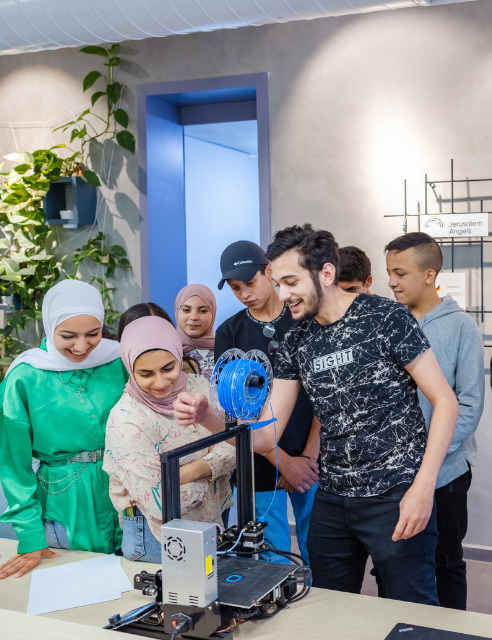
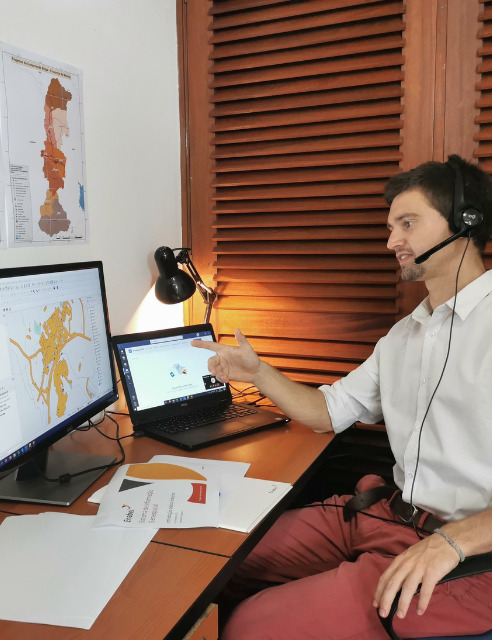
Our story
2006 to 2013
Phase 1 : the VSDC is created!
The “Voluntary Service for Development Cooperation” is created under Minister Armand De Decker. The Asian tsunami disaster set in motion a wave of solidarity and commitment among young Belgians. The VSDC at the time hired young volunteers to work in developing countries offering a first professional experience in the international solidarity sector and contributing to raising awareness among the Belgian public through their experiences.
January 2009
A new name: Junior Programme
The VSDC changed name and becomes the Junior Programme of Belgian Development Cooperation. The emphasis is on acquiring professional experience. Our ambition: being a stepping stone for young professionals for a career in international cooperation. At the same time, the young ‘volunteers’ are renamed ‘Junior Assistants’.
2013 to 2017
Phase 2: Focus on professionalisation!
The priority is professionalisation of the target group and the jobs: New objectives and new admission criteria are added. Young people holding (at least) a professional bachelor’s degree or a master’s degree could enter the programme. The Junior Programme focuses more on quality jobs for future experts.
October 2013
Opening the Programme to Belgian NGOs
As from the start, the Junior Programme was destined to be programme for all players – governmental, non-governmental and multilateral – of the Belgian Development Cooperation. A pilot phase with 6 Belgian NGOs started in 2009. In a next step, from 2013, collaboration was intensified. Now, 28 NGO are partnered with the Junior Programme.
2018 to 2023
Phase 3: Contribute to the achievement of the SDGs
The Programme focuses on the Sustainable Development Goals and is more ambitious: Make the young people’s engagement with the SDGs last through their professional experience in the future and in their future career. The JEs are seconded to projects and accompanied to develop their expertise. Professional external coaches support them in their professional development and personal development.
November 2021
We celebrate our 15th anniversary
We are proud of the results we delivered in the course of the past 15 years. Since its start, the Programme effectively accompanied 593 young Junior Experts. 85% of them remains engaged with achieving the SDGs. They have become ambassadors of a more sustainable and fair world.
2023 to 2027
Phase 4: Towards more inclusion and impact
From now on, the Programme is more inclusive by opening up to broader target groups, namely young national professionals (i.e. from our partner countries) and young Belgians who graduated from technical and vocational schools. It also aims to more strongly demonstrate the Programme’s impact, by fostering stronger engagement of young talents in terms of global citizenship.


Our partners in Belgium
The Junior Programme is coordinated by Enabel, the Belgian development agency. In a partnership with 28 Belgian non-governmental organisations
Non-governmental organisations
Each non-governmental development cooperation organisation that is approved by the Belgian State may apply for affiliation to the Junior Programme. This allows an NGO to host Junior Expert in its project in one of the 14 partner countries of governmental development cooperation.
The partnership with non-governmental organisations, which began in 2009, is growing year by year. Currently, 28 Belgian NGO are affiliated to the Junior Programme. In 2019, Autre Terre, Kiyo and Memisa joined us. Then Echos Communication joined in 2020 and Search For Common Ground in 2022.
